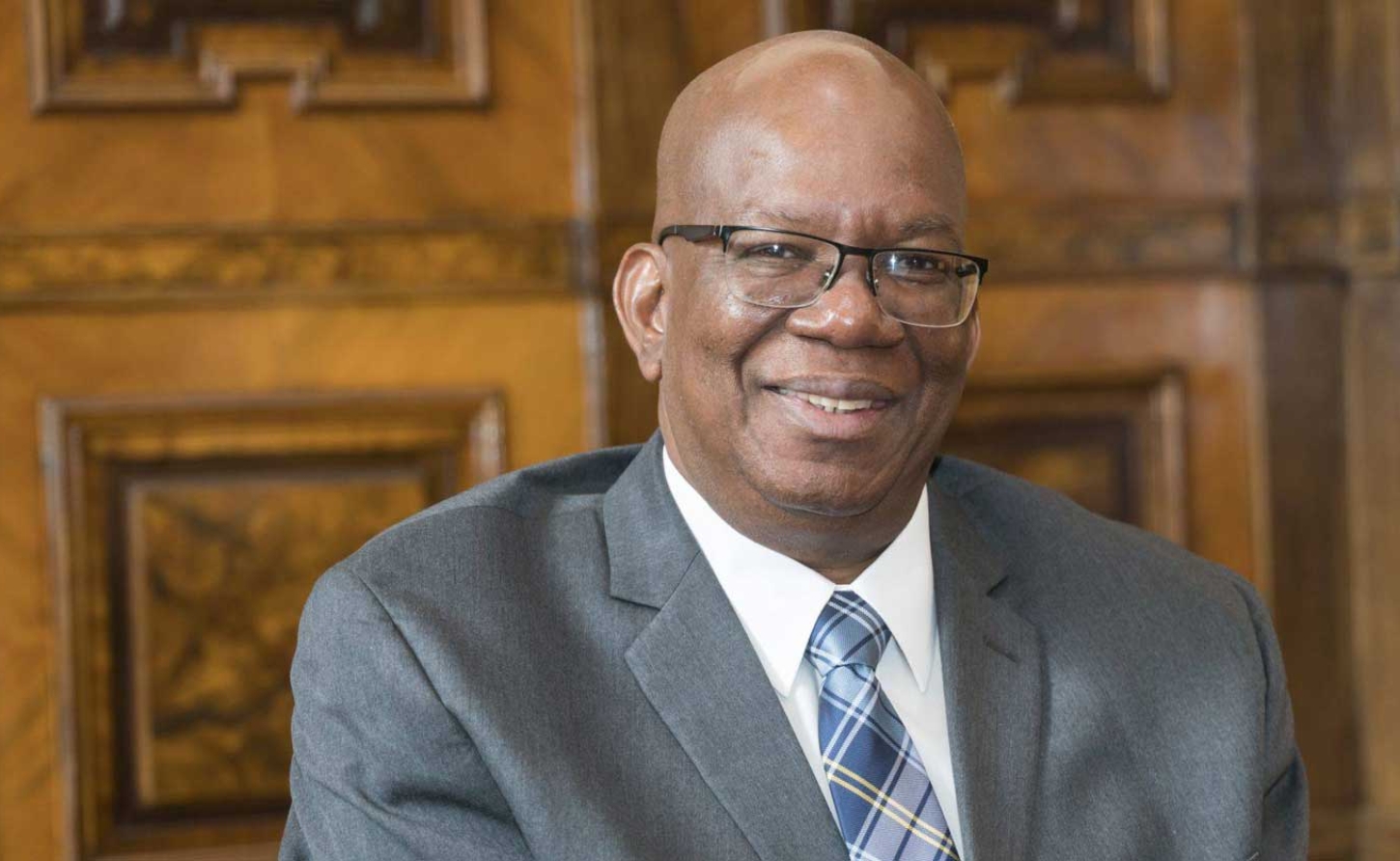GUYANA | Former Finance Minister Winston Jordan says government must cut the waste and pay the teachers

In the streets of Georgetown, a storm is brewing. Not the tropical kind that occasionally lashes the coasts of the CARICOM member states, but a tempest of discontent among the nation of Guyana's educators.
At the eye of this storm stands Winston Jordan, the former Finance Minister, wielding a sharp critique of the government's approach to teacher salaries like a machete through the tangled vines of bureaucracy.
Jordan, a seasoned economist with a penchant for straight talk, isn't mincing words. He argues that the government's coffers aren't as bare as they'd have the public believe. The solution to the teacher pay crisis, he contends, lies not in belt-tightening, but in trimming the fat of governmental waste.
"If waste, due to shoddy public infrastructure projects, corruption, political projects for votes, improper maintenance, waste of public monies and absence of feasibility studies, was reduced by at least 10 percent, there would be sufficient 'fiscal space' to pay teachers a 20 percent increase in 2024, 15 percent in 2025 and 10 percent in 2026," Jordan declared, his words cutting through the air like a well-aimed arrow.
But Jordan's vision extends beyond mere percentages. He advocates for a complete overhaul of the education system's financial structure. His proposal? A new salary scale that would see Guyanese teachers' pay rise to match their Caribbean counterparts, coupled with a performance-based system that would reward excellence in the classroom.
"During that period, also, both the ministry and the Teachers' Union will work on the appraisal system such that increments can be given in January of the following year where th0se are due and teachers could qualify for a maximum of two increments given a set of criteria that you may put in place," Jordan explained during an appearance on KAMSTV, his words painting a picture of a meritocratic utopia in the education sector.
The former Finance Ministry Budget Director, who once crunched numbers for the very administration he now critiques, doesn't shy away from addressing the elephant in the room: the mass exodus of Guyanese teachers seeking greener pastures abroad. His solution? A progressive increase in starting salaries to a princely sum of GY$250,000 by 2030.
"You reintroduce increment so you don't have to be talking about across-the-board salary increases every year and every year and every year…and in doing that also you remove the debunching problem," Jordan stated, his words a rallying cry against the current system of blanket raises that he argues only serves to widen the pay gap.
But where would the money for such ambitious plans come from? Jordan's answer is as bold as it is controversial. He suggests that instead of raising taxes, the Guyana Revenue Authority should cast its net wider, reeling in the thousands of self-employed individuals currently swimming free from the taxman's grasp.
Jordan doesn't pull his punches when it comes to what he sees as the politicization of revenue collection. He points an accusing finger at the agriculture sector, traditionally seen as a stronghold of the ruling People's Progressive Party Civic (PPPC).
"When revenue collection has a political connotation to it, you will never get fiscal space. You are giving everything but yet you don't want to tax their income. You want others to pay for the services that you're giving away free so all of that will affect your revenue profile," he said, his words dripping with the frustration of a man who's seen behind the curtain of governmental finance.
As the debate rages on, with Vice President Bharrat Jagdeo and Jordan trading barbs over the interpretation of budget figures, one thing remains clear: Guyana's teachers are caught in the crossfire of a high-stakes political and economic battle.
The question remains: will the government find the "fiscal space" to give educators the raise they demand, or will Guyana's classrooms continue to empty as teachers seek their fortunes elsewhere? Only time will tell, but one thing's for certain – this is one lesson that Guyana can't afford to fail.
-30-
